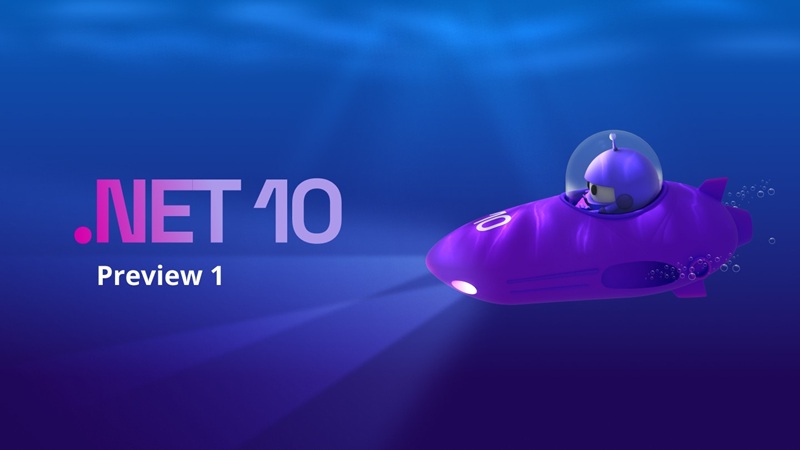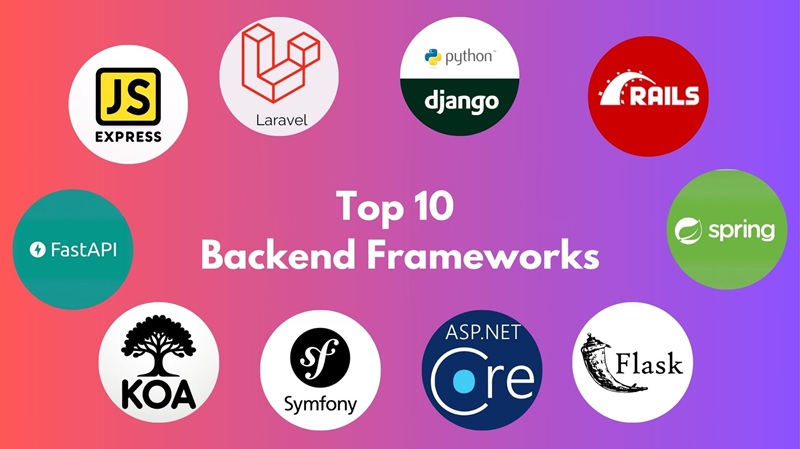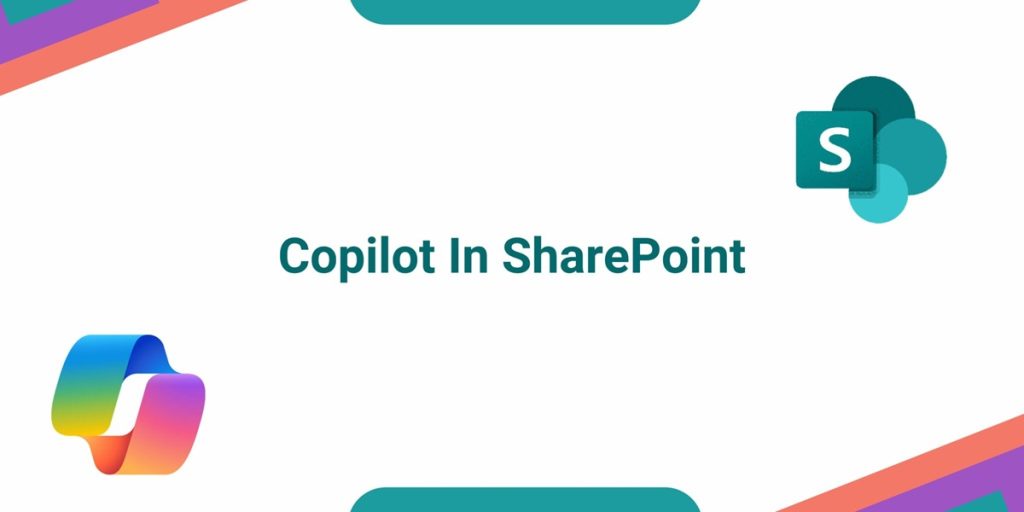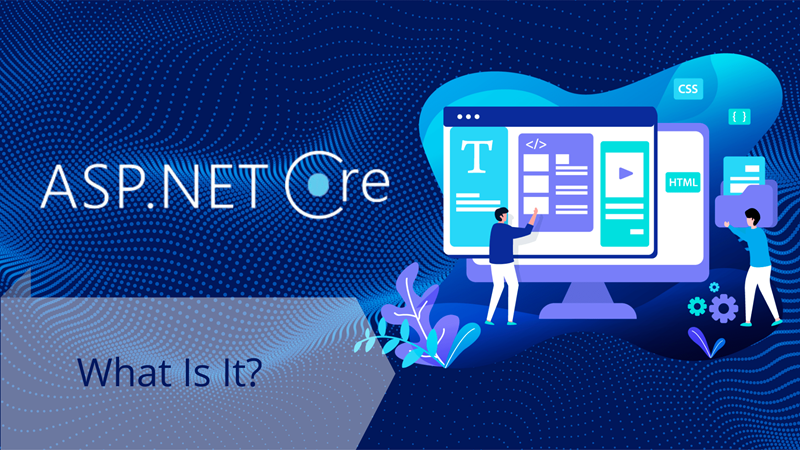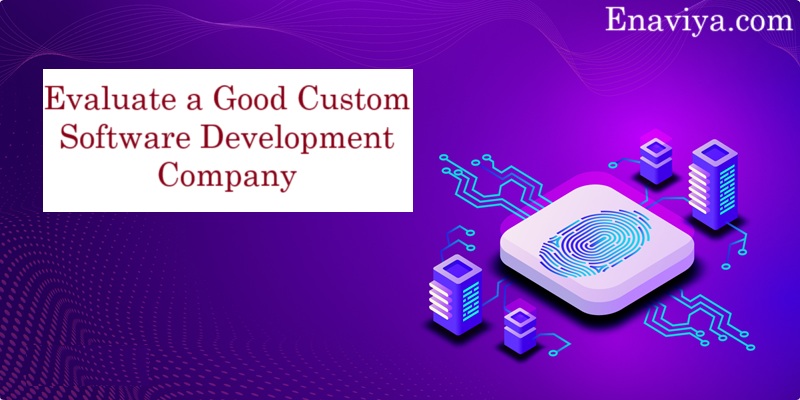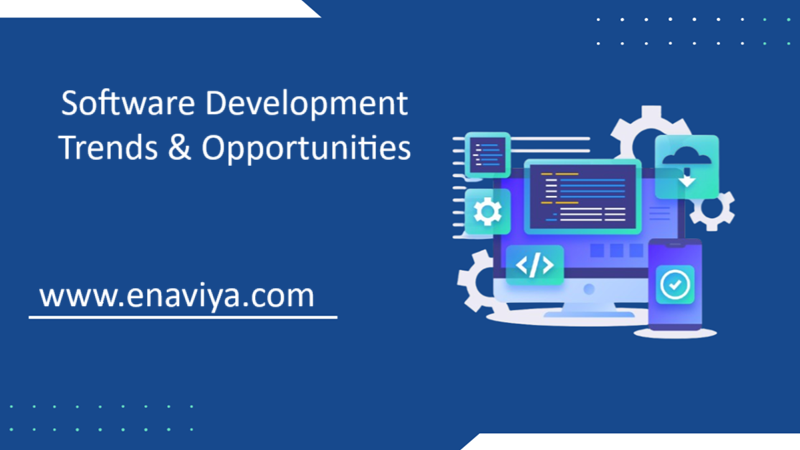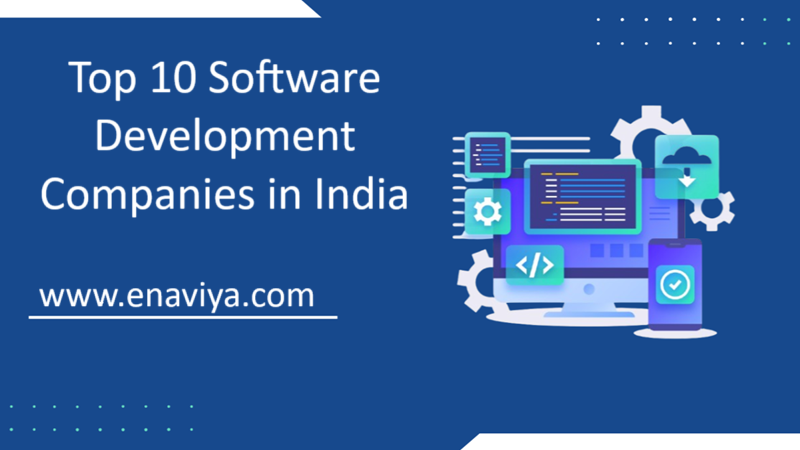Will traditional coding become obsolete? Will AI-generated software dominate? Will privacy and security become the biggest concerns? Aren’t these questions always on the minds of those who are involved in software development?
There is a rapid technology advancement as the businesses continue to evolve in 2025. The software industry is evolving so rapidly that predicting its future is both exciting and challenging. With AI (Artificial Intelligence) taking over routine coding tasks, low-code/no-code platforms empowering non-developers, and quantum computing on the horizon, the landscape could look completely different in a few years.
“Around 40% of developers are utilizing AI tools for tasks such as code generation, debugging, and optimization, reflecting a move towards more efficient development cycles.” -BySix
Not only AI but other technologies like cloud, adoption of modern programming languages, frameworks, and more are also on the rise.
Here is a blog with comprehensive details on the evolving software development industry over the years, with key insights and more.
Latest Trends and Technologies Transforming the Software Industry
1. AI Transforming Software Development
AI has become a cornerstone in software development, advancing from basic automation to high-level decision-making assistance. AI-powered tools are enabling developers to craft sophisticated applications more efficiently and with fewer errors. For instance, tools like GitHub Copilot and Tabnine offer intelligent code completion and bug detection, streamlining the development process. “According to Forrester’s research, 49% of developers are integrating or planning to integrate generative AI, often referred to as TuringBots, into phases such as coding and testing.”-Forrester
The concept of “vibe coding,” introduced by Andrej Karpathy, exemplifies this shift. Vibe coding involves AI handling most coding tasks, allowing developers to interact with code using simple prompts or voice commands.
2. Proliferation of Low-Code and No-Code Platforms
The demand for speed and agility has propelled low-code and no-code platforms to the forefront. Gartner projects that by 2025, 65% of all application development will rely on these platforms. Tools like Microsoft Power Apps and Bubble empower non-developers to create applications using drag-and-drop interfaces and pre-built components, significantly reducing development timelines. Businesses leverage these platforms for rapid prototyping, automating workflows, and developing market-ready solutions without extensive engineering teams.
3. Enhanced Cybersecurity Measures
As digital transformation accelerates, exposure to cyber threats has increased, necessitating robust security strategies. Cybersecurity Ventures predicts that by 2025, 60% of businesses will encounter major security breaches. Integrating security protocols from inception through production, known as DevSecOps, and adopting zero-trust frameworks, which require strict verifications even within trusted parameters, are becoming standard practices to mitigate risks.
4. Adoption of Modern Programming Languages
Emerging programming languages like Rust, Go, and Kotlin are gaining traction due to their efficiency, safety, and scalability. Rust prioritizes memory safety and concurrency, making it suitable for secure systems. Go excels in microservices and distributed systems, underpinning critical tools like Kubernetes. Kotlin enhances Android app development and is expanding into backend applications, offering seamless interoperability with Java.
5. Remote Work Becoming Standard Practice
The pandemic-induced shift to remote work has solidified, with at least 30% of software development teams operating remotely by 2025. Cloud-based development environments and collaborative tools like Slack, Zoom, and Jira facilitate productivity across distributed teams. This model allows organizations to tap into global talent pools, fostering diverse innovation and reducing operational costs.
6. Emphasis on Sustainability in Software Development
Sustainable practices are increasingly prioritized, with developers adopting energy-efficient coding methods and utilizing cloud infrastructure powered by renewable energy sources. Techniques like data optimization reduce energy consumption, and integrating carbon measurement metrics into software performance benchmarks aligns with environmental responsibility goals.
7. Immersive User Experiences
User experience (UX) continues to be a critical differentiator. Companies prioritizing UX are projected to outperform competitors by up to 300%. Technologies such as augmented reality (AR) and virtual reality (VR) are enhancing UX, with applications ranging from AR shopping tools that allow consumers to visualize products in their spaces to VR training simulators used in healthcare and education.
Key Statistics Shaping the Industry
- Global Developer Population: As of 2025, approximately 28.7 million software developers are active worldwide, with the Asia-Pacific region experiencing the fastest growth.
- Cloud Technology Adoption: 90% of businesses have incorporated cloud technology into their software development processes, leveraging services from providers like AWS, Azure, and Google Cloud.
- AI Integration: Around 40% of developers are utilizing AI tools for tasks such as code generation, debugging, and optimization, reflecting a move toward more efficient development cycles.
- Global Software Market Growth: The global software market is projected to reach $507.23 billion by 2025, growing at an annual rate of 5.3%, driven by the increasing reliance on software solutions across industries.
- DevOps Adoption: 78% of organizations have integrated DevOps practices, enhancing collaboration between development and operations teams and accelerating deployment cycles.
Conclusion
The software development industry in 2025 is marked by rapid advancements and paradigm shifts, driven by AI, cloud-native solutions, low-code/no-code platforms, cybersecurity enhancements, and modern programming languages. As businesses strive for agility and innovation, the integration of AI-powered development tools and automation is reshaping how software is designed, built, and deployed.
With the rise of remote work, sustainability in coding practices, and immersive user experiences, software development is no longer just about writing code—it’s about creating intelligent, efficient, and user-centric solutions. As we move forward, staying ahead in this dynamic industry requires continuous learning, adaptation to emerging technologies, and a strong focus on security and ethical AI.
The future of software development is not just about coding but about solving real-world problems with smarter, faster, and more scalable solutions. Those who embrace change and innovation will thrive in this ever-evolving landscape.

